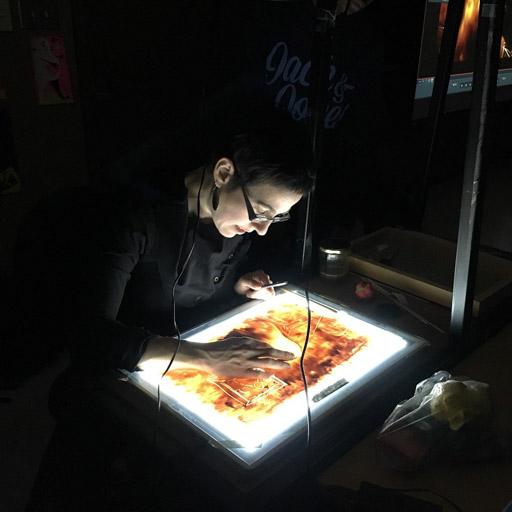
Shira Avni animating at the National Film Board of Canada
National Film Board of Canada
Shira Avni, MFA
- Associate Professor (Film Animation), Cinema
Are you the profile owner?
Sign in to editResearch areas: Neurodiversity, motherhood, animation, animated documentary, under camera animation, clay animation, direct animation, community based animation, autism, gender and neurodiversity, Down syndrome, maternal health, diversity, inclusion, social justice animation
Contact information
Email:
Availability:
My office hours are Wednesday 10-12, by appointment only. Please email me at least 48 hours in advance. Thank you!
Biography
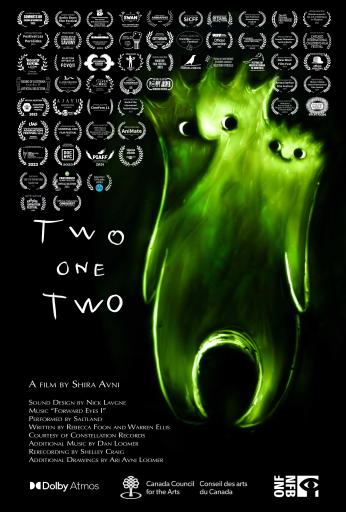
Two One Two Poster 2024
Shira Avni
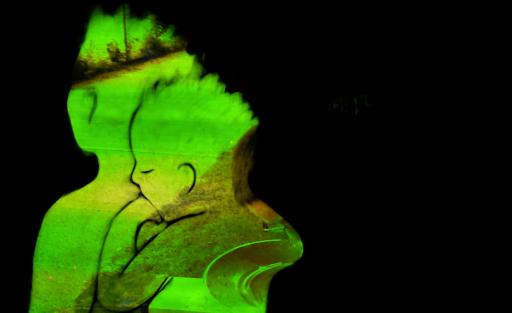
Two One Two
Shira Avni, 2023
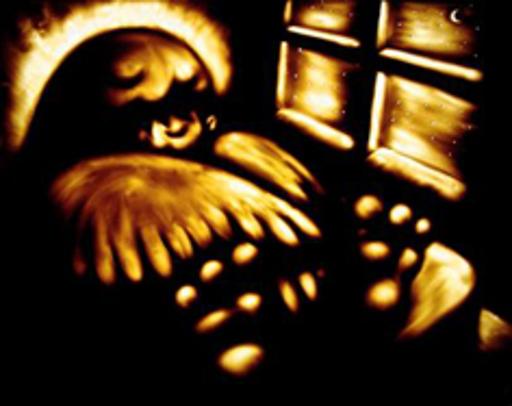
Still from the film John and Michael
National Film Board of Canada, 2005
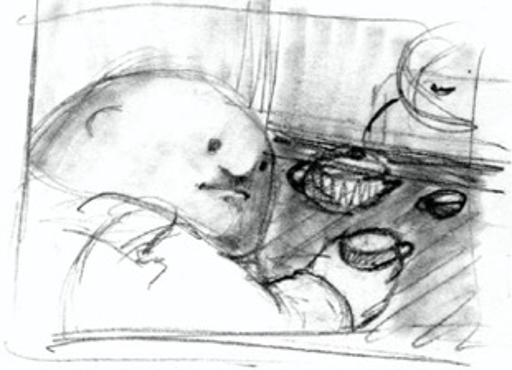
Still from the film John and Michael
Shira Avni, National Film Board of Canada
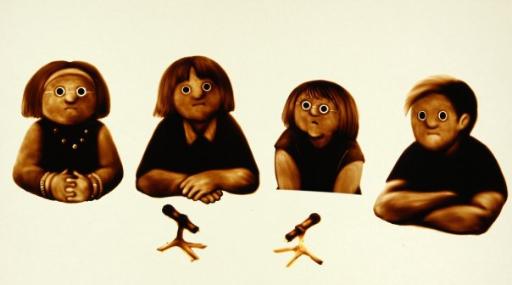
Tying Your Own Shoes
Shira Avni, National Film Board of Canada
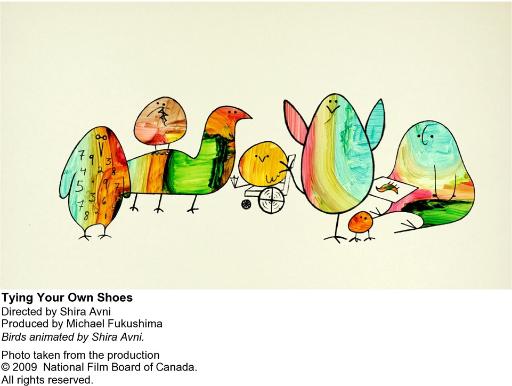
Tying Your Own Shoes
Shira Avni, National Film Board of Canada
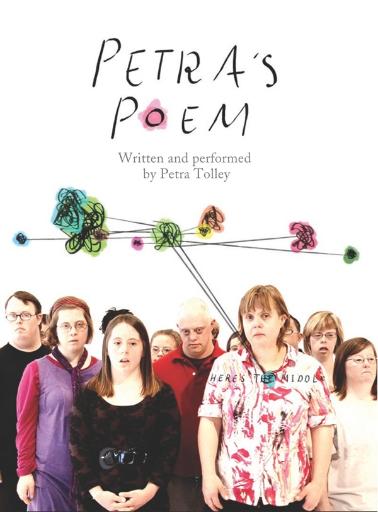
Petra's Poem
Shira Avni, National Film Board of Canada
Teaching activities
Teaching
Area of Expertise
Film Animation, Under Camera Animation, Animated Documentary, animation and neurodiversity
Video links
Two One Two Trailer
Tying Your Own Shoes
Tying Your Own Shoes by Shira Avni, National Film Board of Canada
Tying Your Own Shoes is an intimate glimpse into the exceptional mindsets and emotional lives of four adult artists with Down Syndrome. An artful, four-way essay about ability, this animated film explores how it feels to be a little bit unusual.
John and Michael
John and Michael by Shira Avni, National Film Board of Canada
John and Michael pays homage to two men with Down's syndrome who shared an intimate and profoundly loving relationship that deeply affected the filmmaker. Animated with clay backlit on glass, the film shimmers like stained glass in motion.


